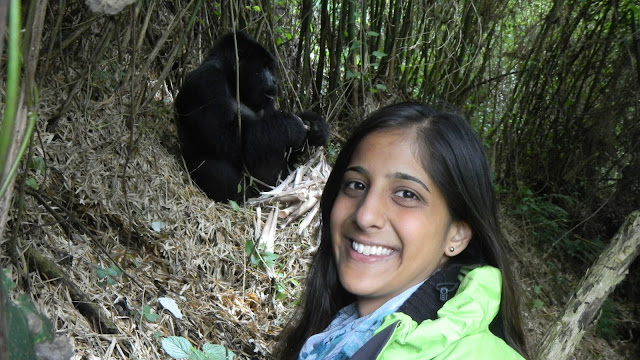"All human beings are born free and equal in dignity and rights.They are endowed with reason and conscience and should act towards one another in a spirit of brotherhood."
- Article 1 of the Universal Declaration of Human Rights.
__________________________________________________________
Today, December 10th, 2011, is Human Rights Day.
While we celebrate that sixty-three years ago the Universal Declaration of Human Rights was adopted by the UN General Assembly, I can't help but think about how the rights that are guaranteed in the Declaration have yet to reach millions of marginalized people around the world.
I don't like to write much about politics and I don't really know what the defining qualities of a human rights"activist" are supposed to be, but since technology has given the gift of letting everyone have a voice I want to take the opportunity to have mine heard on the topic of human rights and how it relates to my work at ICAP. As I've mentioned in earlier posts, the goal of my project is to provide comprehensive services to survivors of gender-based violence. Acts of gender-based violence include: spousal battery; sexual abuse; dowry-related violence; rape (including marital rape); female genital mutilation/cutting; non-spousal violence; sexual violence related to exploitation; sexual harassment and intimidation; trafficking in women; and forced prostitution. I think everyone would agree that these acts are a clear violation of human rights. Therefore, for once, I'm not going to talk about gender-based violence as a violation of human rights. It is a given.
Instead, I'm going to discuss my other project - providing healthcare services to men who are having sex with men (MSM). Our MSM program is something that the ICAP-New York office is very proud of. There are several challenges in implementing a program like this in East Africa so the development of the program is most definitely an accomplishment.The attitude towards this program in Rwanda is another story. In an effort to be culturally sensitive of people's religious beliefs, the MSM program is not about social change but instead about doling out health care services for an at-risk population. "We are not gay activists, we are not promoting homosexuality" - these are the words often used when discussing the program with others in Rwanda in an effort to garner support.
Instead, I'm going to discuss my other project - providing healthcare services to men who are having sex with men (MSM). Our MSM program is something that the ICAP-New York office is very proud of. There are several challenges in implementing a program like this in East Africa so the development of the program is most definitely an accomplishment.The attitude towards this program in Rwanda is another story. In an effort to be culturally sensitive of people's religious beliefs, the MSM program is not about social change but instead about doling out health care services for an at-risk population. "We are not gay activists, we are not promoting homosexuality" - these are the words often used when discussing the program with others in Rwanda in an effort to garner support.
But how can we discuss the health care needs of the LGBT community without recognizing that they have rights as human beings? This division between MSM programs and the LGBT movement seems detrimental to progress since it ignores the big picture. The big picture means recognizing the rights of all people and how these intrinsic rights guarantee that they have equal access not only to health care but also equality in all spheres of life. Ensuring that gay men have access to HIV testing and anti-retroviral treatment will make no difference if they later are beaten because of their sexual orientation or ostracized by their family and friends. Rwanda has shown that it can implement important programs and push social changes if it chooses to prioritize such issues. Despite this fact, I'm not expecting anything to change in Rwanda in the near future. The U.S. has also been far from perfect about leading the way for equal rights when it comes to the LGBT community. However, on Human Rights Day I think it needs to be said that human rights belong equally to each of us and bind us together as a community regardless of race, ethnicity, sex, or sexual orientation.
In case anyone is interested, video of Secretary Clinton's speech on LGBT rights. She mentions many of the same points (but more eloquently)...








































